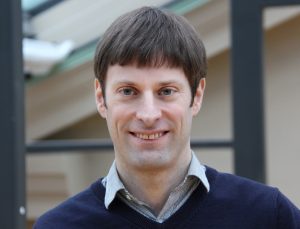Experiences among Swedish users of Social life cycle assessment, new publication from research project
The project “Social life cycle assessment – experiences from Swedish users” has published a report on the findings from the study that started in October 2019. With funding from Adlerbertska Forskningsstiftelsen has Mathias Lindqvist at Chalmers University of Technology together with Swedish Life Cycle Center asked 11 organizations about their experiences.
In October 2019 the project “Social life cycle assessment – experiences from Swedish users” started. The project aimed to map experiences and ideas regarding social life cycle assessment (S-LCA) in Swedish industry and enable a more thorough understanding of S-LCA practice. Sweden was found to have the highest share (12%) of businesses declaring to use a life-cycle perspective in their sustainability reporting according to a publication from Stewart, et al., 2018. Swedish companies were also among the first ones to test S-LCA. But how has the use of S-LCA developed over the years?
During the project 11 different organizations were interviewed about their use of S-LCA as a tool and about their input on what opportunities and limitations they saw in the method. When we ask Mathias Lindqvist, project leader, what he thinks is the most valuable outcome from the project he lifts t
hat the study has revealed potentially opposing needs that could inform the development of, for example, the official guidelines on S-LCA.
“The study pointed out an interest for using more case specific information about social impacts, the usefulness of less complicated approaches, and the relevance of a more long-term perspective on sustainability. “
He also says that the finding might be particularly interesting because it was not stated as an expected outcome of the study but emerged after the interviews in the study had already been performed.
When asked how S-LCA could be developed to better meet the needs from the users his answer is that it is a highly relevant question that however is difficult to answer currently. A recommendation could be to consider a combination of explorative and thorough discussions between two or only a few persons to whom S-LCA is relevant (this was the focus of our study) and the larger-group activities that seems already to be running.
More information:
Read the publication here.
Read more about the project here.
Text: Maria Rydberg
Photo: Carolina Pires Bertuol


